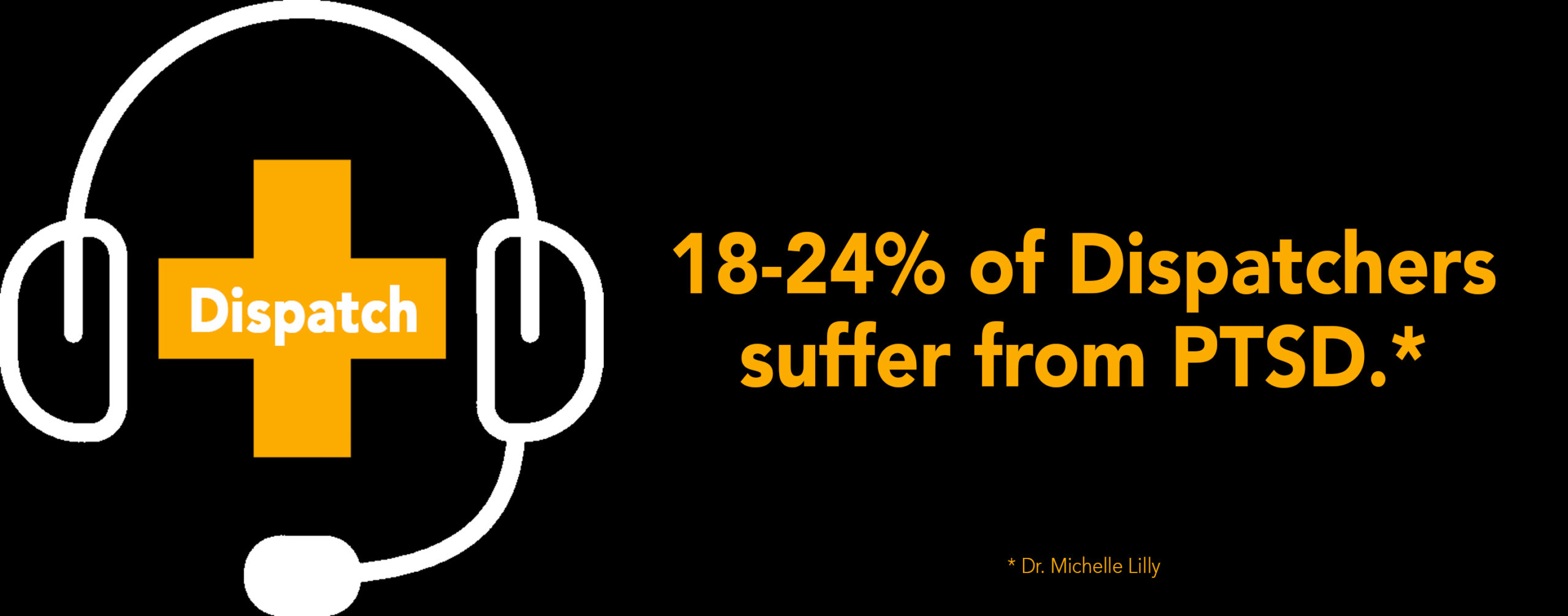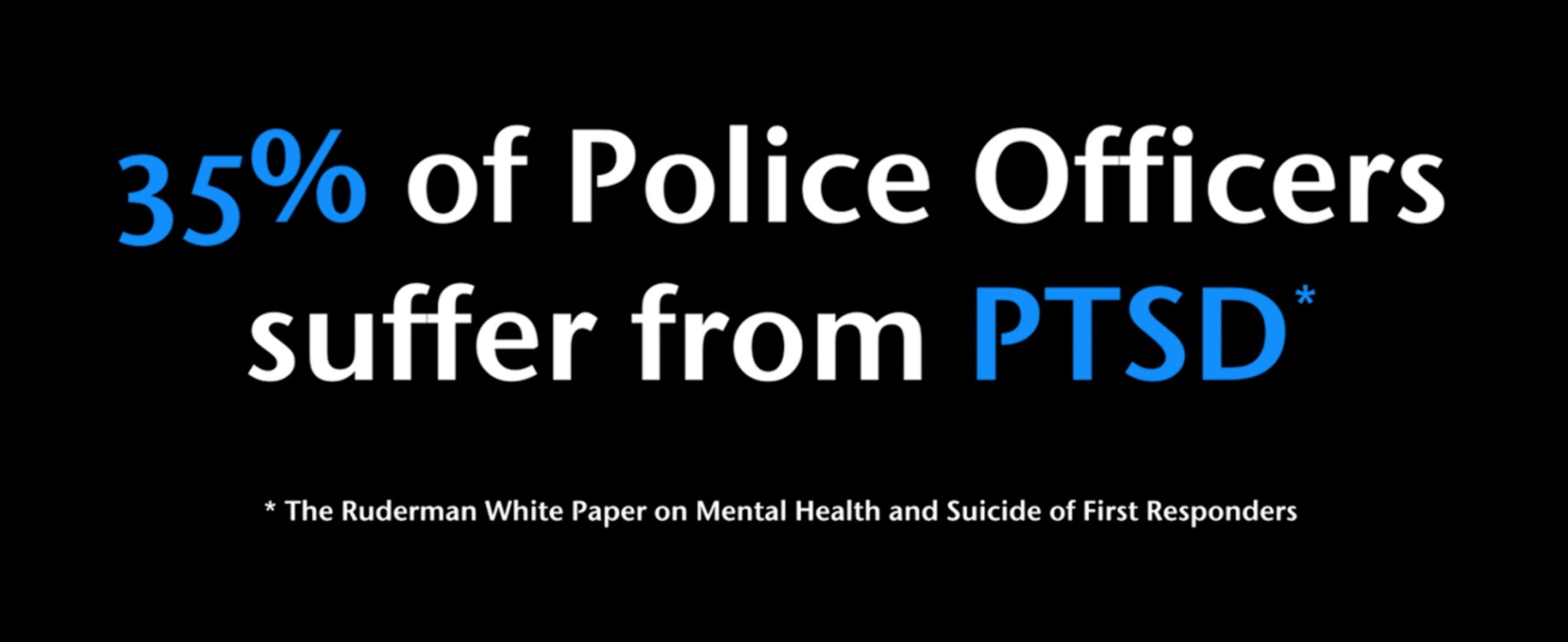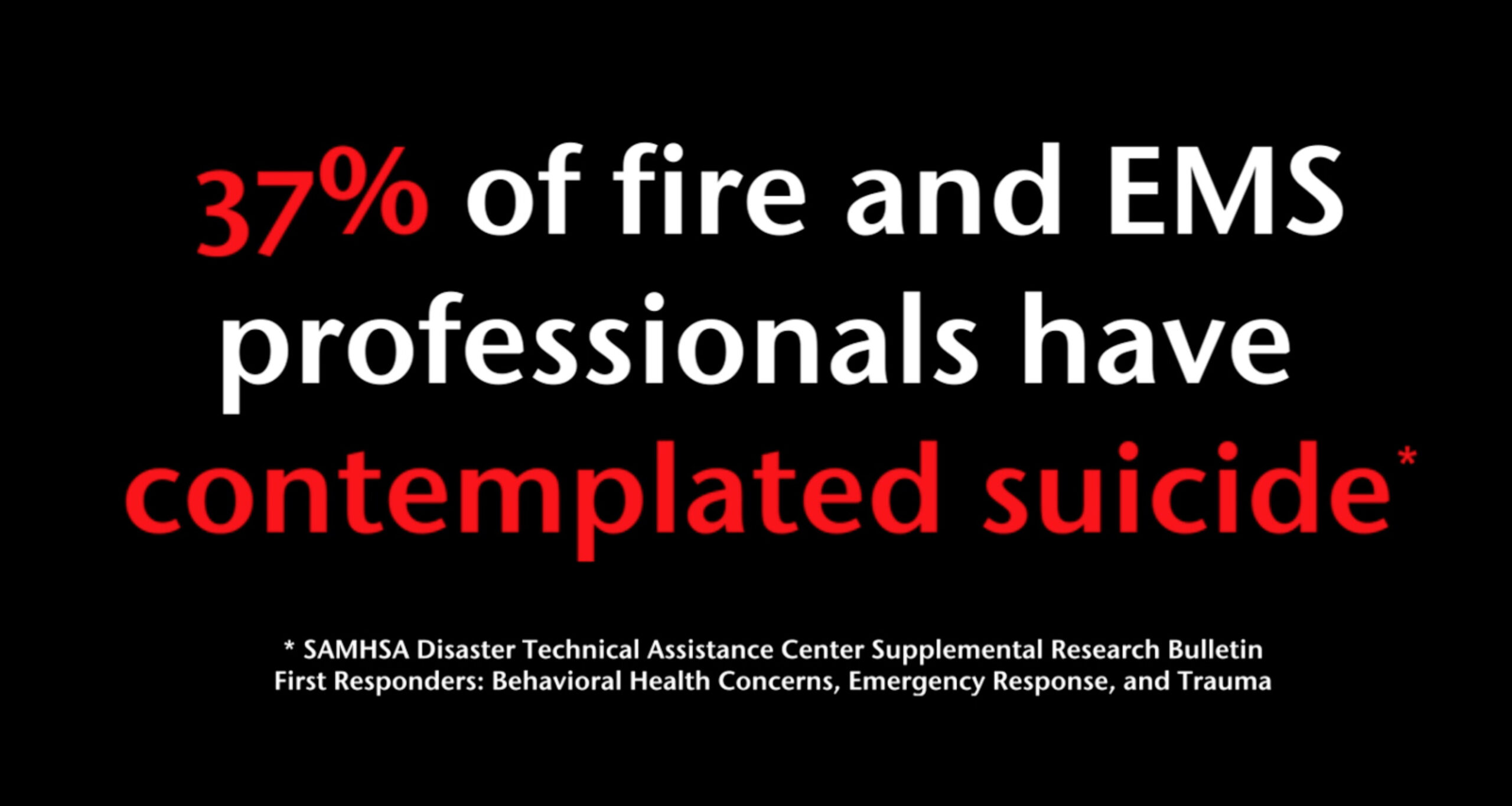Upcoming Screening Events
April 18 – FDIC Convention – Indianapolis, IN – 4PM in the Health and Wellness Center Theater in the Lucas Oil Stadium (LOS) Experience
May 7 – CentralSquare ENGAGE 2024 Conference – Dallas, TX
May 15 – Gordon Center for Performing Arts – Owings Mills, MD – Hosted by Baltimore County PD – CLICK FOR TICKETS
May 21 – Kentucky First Responder Peer Support Team – Erlanger, KY
May 23 – College of Southern Maryland – La Plata, MD – Hosted by Charles County Sheriff’s Office – CLICK FOR TICKETS
Sept. 12 – EMS World Expo– Las Vegas, NV
What People are Saying about PTSD911…
“PTSD911 is a game-changer! This movie started me on a path to better wellness for me and those around me. [The film] shines light on what we face and the effects it has on us. I am now more open to sharing my experiences and have started a support group to help others deal with this stuff.” – Darren Purcell, Retired PM/Captain OCFA
“Wow! Wow! Wow! The emotion, vulnerability, and reality of what you captured was astounding. You could feel it in the theatre last night.” – Samantha Horwitz, A Badge of Honor Podcast
“PTSD911 provides an honest look at the impact of repetitive trauma exposure on some of the people we depend upon the most in our communities. This film also serves as a message of hope to first responders, letting them known that healing is possible. – Monica L. Urbaniak, LMFT-S
“This movie [PTSD911] checks all the boxes when it comes to accurately depicting the everyday struggles of our First Responders.” – Lt. Jason Stevens, The Colony, TX PD Watch Commander and Peer Support Leader
“The PTSD911 documentary film made me both cry and cheer. It shares the poignant true stories of first responders from across the nation who have suffered—often silently—with PTSD due to their regularly stepping into other people’s nightmare moments.” – Deborah Morris, Mayor Pro Tem, City of Garland, TX
“The film is terrific. The energy blossomed. Conrad, you created exactly what you described in our very first conversation. No, actually, you exceeded those expectations, by far.” – Rick Barton, Executive Director, International Critical Incident Stress Foundation
LOGLINE
First Responders sign up to serve; they risk their lives and their mental health to respond to someone’s worst day. Who will rescue them?
“PTSD911” reveals first responders’ untold stories, shedding light on the profound trauma and hidden tolls impacting their lives. Personal accounts from firefighters, police officers, and 911 dispatchers illuminate the complexities and impact of trauma. The documentary concludes with a resounding message of hope, urging those in silence to reach out, emphasizing help and healing are within reach..
They show up, no matter what. Heroes, yes! Yet they are human beings just like the rest of us with families, husbands, wives,
children, brothers, sisters, and parents. They are firefighters, police officers, emergency medical technicians, paramedics, and 911 dispatchers. They are first responders.

TOPIC SUMMARY
There could not be a more urgent time to make this film. Emergency responders are out in the field dealing with extreme social unrest, the COVID-19 pandemic, the continuing opioid epidemic (which has worsened during the pandemic), on top of all of their other catastrophic calls- hostage situations, motor vehicle accidents, rapes, murders, building fires, response to hurricanes and wildfires, and the list goes on. At the present time, suicides among emergency responders are greater in number than those who perish in line of duty. At this time of such national crisis, we need our first responders! We need to have trained people who can come to our aid, in our time of need. AND, they need to be healthy in order to best help each citizen in need.

In the feature-length documentary “PTSD911,” first responders’ untold stories unfold, revealing the profound psychological toll they endure—from the gripping intensity of life-and-death situations to the hidden struggles behind their facade of strength. The film portrays the strength and stoicism of first responders within cultures that normalize enduring challenges but also create a damaging stigma and formidable barriers to seeking help. Through personal accounts from firefighters, police officers, and 9-1-1 dispatchers, the audience journeys through the complexities of trauma, shedding light on its universal and individual impact. The documentary concludes with a resounding message of hope, encouraging those suffering in silence to reach out, emphasizing that help, understanding, and healing are within reach.

GOALS FOR THE FILM
1. Raise Awareness – We must help the general population understand the issue. Most civilians don’t know or understand the issue of post traumatic stress in first responders. The average citizen does not understand the depth of this issue, and they need to know. The goal is to educate the viewer and stimulate change in people’s behavior and attitudes toward our nation’s first responders. The producers feel first responders are heroes who not only deserve applause, but also deserve to have access to the support networks that can help mitigate ongoing stress that trauma can bring. The initiative is to help people understand the urgency of this situation, and motivate individuals, organizations, and communities to be proactive in providing support and resources to help all first responders work and live a healthy and productive life both in their professional and personal lives.
2. End the Stigma – To help first responders realize it’s okay to ask for help. The case studies featured in the film will depict individuals and agencies who are helping their members realize it it ok to raise one’s hand and ask for help. The producer’s goal is to make it ok to not be ok and to ask for help.
3. Inspire Systemic Change – No one should get fired just because they are struggling with the traumas they have faced, and have asked for help. The filmmakers want agency leaders to learn how they can implement healthy changes and training within their departments so their members get the mental health help they need and can continue to be productive in their public service to our communities.
